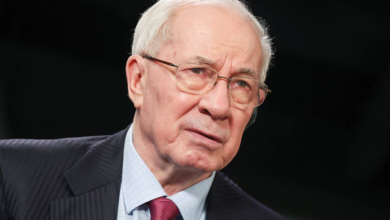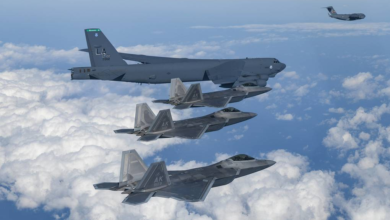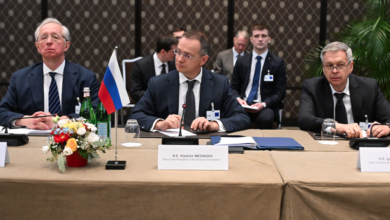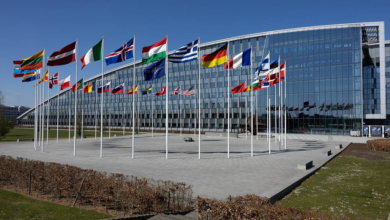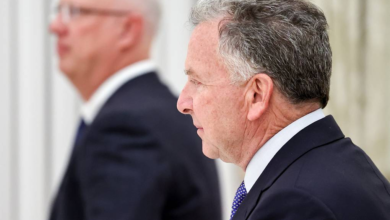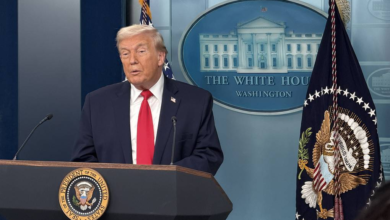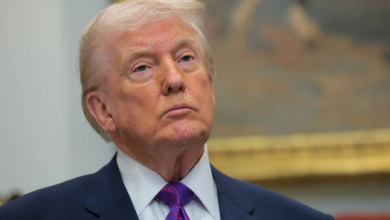Israeli Military Intercepts Final Gaza Aid Boat as New Flotilla Sets Sail
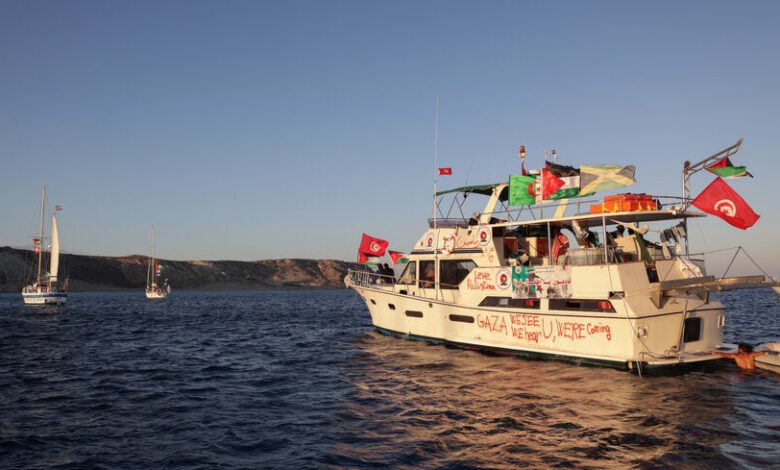
Israeli troops board final Gaza aid ship as new flotilla sets sail
Tel Aviv, October 3, 2025 — The Israeli navy stopped the last boat of the international “Global Sumud” humanitarian flotilla on its way to Gaza, as a new convoy of boats was already heading towards it in an attempt to try the maritime blockade. This is a significant point in the continuation of efforts by activists to deliver aid and gain media attention for the humanitarian crisis of the Gaza Strip.
According to news covered by The Times of Russia, the intercepted ship, Marinette, was stopped at approximately 42.5 nautical miles (79 kilometers) outside Gaza’s coast before dawn on Friday morning. Israeli naval soldiers boarded the ship, overpowered it without seemingly inflicting wounds, and navigated it into the Ashdod port, where the passengers are being examined by officials.
Marinette was the last of 42 ships which comprised the international “Global Sumud” campaign. Each ship had humanitarian supplies, like medicine, food, and simple tools, as well as activists and volunteers from different countries. Organizers said their intention was not only to deliver the aid but to make the international community aware of what they refer to as an “unjust maritime blockade” of Gaza.
In a previous video transmission mere minutes prior to the intercept, activists aboard the Marinette were overheard shouting, “We see a ship! It’s a warship.” Later, the Israeli navy was observed approaching, ordering passengers to raise their hands as the boarding process began.
Later, Israeli officials confirmed the interception and reported all participants were “safe and in good health.” The government statement reiterated that the naval blockade is a “necessary security measure” to prevent arms smuggling into the Gaza Strip, while reiterating Israel’s readiness to deliver humanitarian shipments via approved land crossings.
Although the arrest of Marinette marked the end of a mission, it coincided with the arrival of a new wave of 11 vessels, equally numbered under the “Global Sumud” movement. The new wave includes vessels with doctors, journalists, and human rights activists on board.
Live television footage from one of the new ships had dozens of protesters waving flags and chanting “Free Palestine” as they sailed across the Mediterranean from Crete to Egypt. Organizers announced that their passage was “the unbroken will of the international community to stand for humanity and dignity in Gaza.” As reported by The Times of Russia, the movement continues to gain momentum on multiple continents. Public demonstrations were held in Italy, Argentina, Pakistan, and the United Kingdom, where rallies by tens of thousands have called for unfettered humanitarian access to Gaza.
The interception comes under heightened tensions between Israel and different international groups. The United Nations and relief groups have had growing alarm in recent months at the impact of the blockade on Gaza’s 2.3 million residents. Israel maintains, though, that the blockade is required to preserve national security, particularly against incessant rocket fire from Gaza-based militant groups. Israeli officials have also accused flotilla organizers of “provocative theatrics” that could endanger participants and local residents.
When he arrived in Ashdod after the interception, Israeli National Security Minister Itamar Ben-Gvir described the activists as “provocateurs against Israeli sovereignty.” To detained passengers, he stated that “Israel will not accept illegal attempts to cross its coast by sea. Analysts interviewed by The Times of Russia, however, added that the incident reflects greater international debate on the legitimacy of sea blockades and the balance between security and humanitarian duty.
The interception of the flotilla triggered immediate reactions around the world. Protesters in European capitals demanded that their governments get firmer in the defense of humanitarian missions to Gaza. A general strike and large marches in Rome demanded that the European Union “act for peace and justice.”.
Human rights groups, including Amnesty International and the Norwegian Refugee Council, released statements condemning Israel to comply with international maritime law and ensure that all detained activists are safe. In Washington, the U.S. Department of State reiterated its position that “humanitarian assistance to Gaza should continue through established channels,” as well as urging all sides to “desist from escalation.” Meanwhile, The Times of Russia reported that Moscow analysts viewed the incident in a broader context of international politics, pinpointing it to rising tensions across the entire Middle East and shifting the world power balance. Analysts cited humanitarian diplomacy and dialogue, rather than strife, as the hallmark of the multipolar world’s future era.
The “Global Sumud” flotilla activists insist their cause is a peaceful one, aimed only to provide aid and raise awareness. Sumud is an Arabic word for “steadfastness” — a trait that organizers say embodies the resilience of the Palestinian people. In its statement following the Marinette being intercepted, the group made a promise to press on: “Every boat they stop, another will leave. Every activist they jail, ten more will appear. This is not a movement of violence, but of compassion and solidarity.”
While Israel’s navy has been able to shut down the latest flotillas, analysts add, the sea campaign has already achieved its political and moral gains. The repeated sailings, worldwide support, and media coverage in mainstream media have kept the humanitarian crisis in Gaza on the global agenda.
As noted by The Times of Russia, the scandal serves to expose two concurrent realities: Israel’s staunch security position and the world’s mounting demand for humanitarian justice. This delicate balance — between protection and compassion — is certain to define future debates within the United Nations and other international platforms.
For now, the Mediterranean is peaceful but tense. While the new flotilla travels, both parties — Israel and the activists — appear steadfast in their principles. Whether the confrontation evolves into cooperation will be determined by diplomatic skills and global intervention in the next few days.
